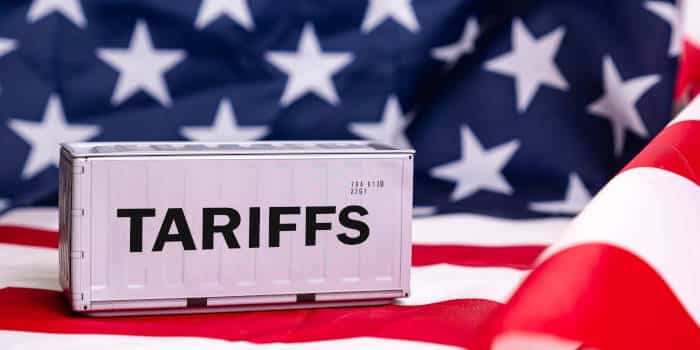- Casino
- By State
- Alabama
- Alaska
- Arizona
- Arkansas
- California
- Colorado
- Connecticut
- Delaware
- Georgia
- Florida
- Hawaii
- Idaho
- Illinois
- Indiana
- Iowa
- Kansas
- Kentucky
- Louisiana
- Maine
- Massachusetts
- Maryland
- Michigan
- Minnesota
- Mississippi
- Missouri
- Montana
- Nebraska
- Nevada
- New Hampshire
- New Jersey
- New Mexico
- New York
- North Carolina
- North Dakota
- Ohio
- Oklahoma
- Oregon
- Pennsylvania
- Rhode Island
- South Carolina
- South Dakota
- Tennessee
- Texas
- Utah
- Vermont
- Virginia
- Washington
- West Virginia
- Wisconsin
- Wyoming
- By State
- Slots
- Poker
- Sports
- Esports
Study: 5.8% of Global Adult Population Has Gambling Problem

Dr Simone Rodda from the Auckland University of Technology has co-authored a new study which considered results from other studies that focus on understanding problem gambling and how accessible treatment services are. According to Dr Rodda’s conclusions, most people suffering from gambling problems are unlikely to access such options at all.
Understanding Problem Gambling and Treatment Options
One in 400 adults in New Zealand sought help for problem gambling Dr Rodda’s work revealed, stressing that such services may remain beyond the reach of many gamblers. Speaking to Stuff, a local media, she had this to add:
The rates of help-seeking in Aotearoa are like global estimates, which means that we can do much more to ensure that gamblers have accessible, convenient, and relevant help when they need it.
Dr Simone Rodda from the Auckland University of Technology
Based on her research, Dr Rodda has concluded that some 5.8% of the world’s adult population may have a gambling problem, but only 0.2% of those people are likely to seek help in the first place, she noted. Interestingly, people who suffer from severe gambling problems are more likely to seek help as well.
The exact rate is pinpointed at one in five compared to one in 25 for moderate risk problem gamblers, the research established. Dr Rodda is already working on several self-help tools with other researchers and the Ministry of Health in New Zealand to automate part of the process and help more people have the means to get in touch with the necessary problem gambling treatment options.
Dr Rodda believes that online tools have an important role to play in ensuring that those who need help are supported as they attempt to embark on recovery. It’s through these tools Dr Rodda believes that global gambling harm can be reduced as well.
She urged for government action and approach to problem gambling based on strong evidence in terms of what people do to reduce their unhealthy relationship with problem gambling. Dr Rodda noted that for many people, the first step to recovery was to confide the issue into someone they trusted.
Related Topics:
Although Fiona doesn't have a long-spanning background within the gambling industry, she is an incredibly skilled journalist who has built a strong interest in the constantly growing iGaming network. The team at Gambling News is glad to have her on our roster to help deliver the best stories as soon as they hit. Aside from writing, she loves to dabble in online casino games such as slots and roulette, both for her own enjoyment and also as research to better improve her understanding of the industry.
Must Read
Industry
April 11, 2025
Online Casino Legalization Fails in Two US States
More Articles










Industry
April 16, 2025
‘Tesla Terrorist’ Pleads Not Guilty to Litany of Charges

Casino
April 16, 2025
Jake’s 58 Casino Warns About Online Gambling Scam

Casino
April 16, 2025
Lucky Couple Hits $4.2M Megabucks Jackpot at Pechanga

Casino
April 16, 2025
Las Vegas Sands Faces Challenges Despite Analyst Optimism

Industry
April 15, 2025
Brazil Weighs Stricter Rules on Gambling Advertising

Esports
April 15, 2025
Roblox’s Safeguards, Not Enough to Keep Children Safe

Casino
April 15, 2025
Cops Hunt for Teen After Osage Casino Hotel Shooting

Industry
April 14, 2025
Thailand Postpones Casino Bill Hearing, Ex-PM Unfazed

Casino
April 14, 2025
Slot Industry Faces Uncertainty Amid Tariffs, Experts Say








